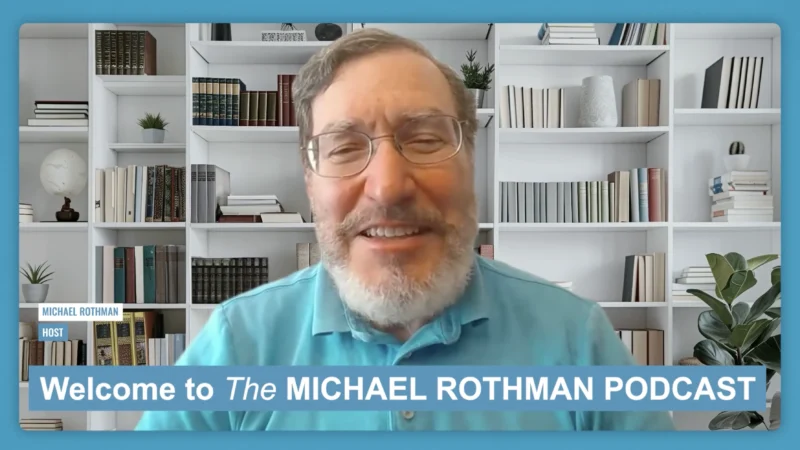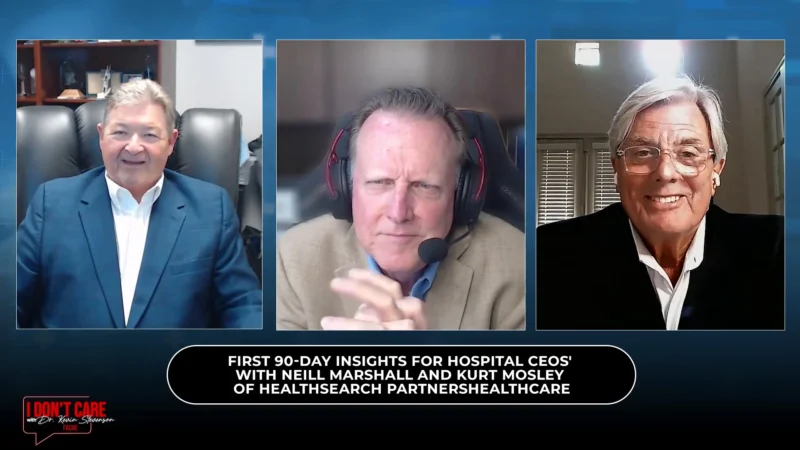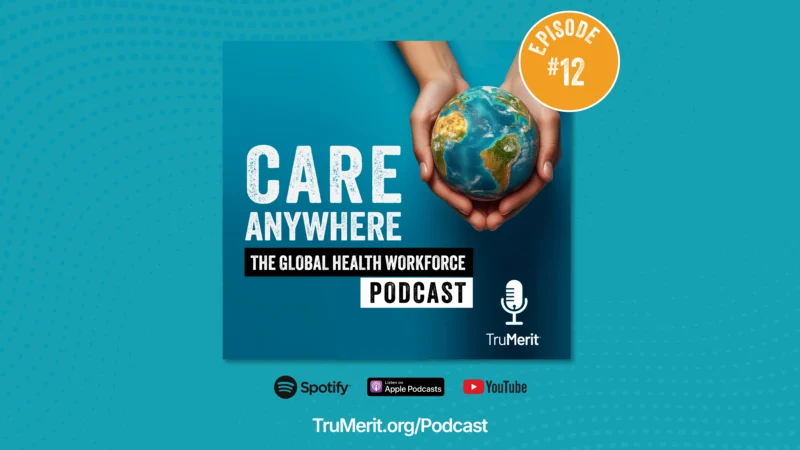Linda Stevenson with Fisher-Titus Health
Linda Stevenson, CIO of Fisher-Titus, shares why she helped launch the rural health community initiative at CHIME and how it’s creating essential momentum for collaboration. Speaking from VIVE 2025, Linda highlights the unique challenges rural hospitals face—from limited budgets to lean staffing—and the importance of collective action. She emphasizes how vendor education is key: once partners understand rural constraints, they’re more willing to tailor pricing, support, and innovation. Fisher-Titus, despite its size, is now recognized as “Most Wired,” thanks in part to strategic partnerships and creative contracting. But Linda also raises concern over looming Medicaid funding cuts, which could devastate small systems. Her message: unity, innovation, and vendor alignment are crucial for rural healthcare survival in 2025 and beyond.




